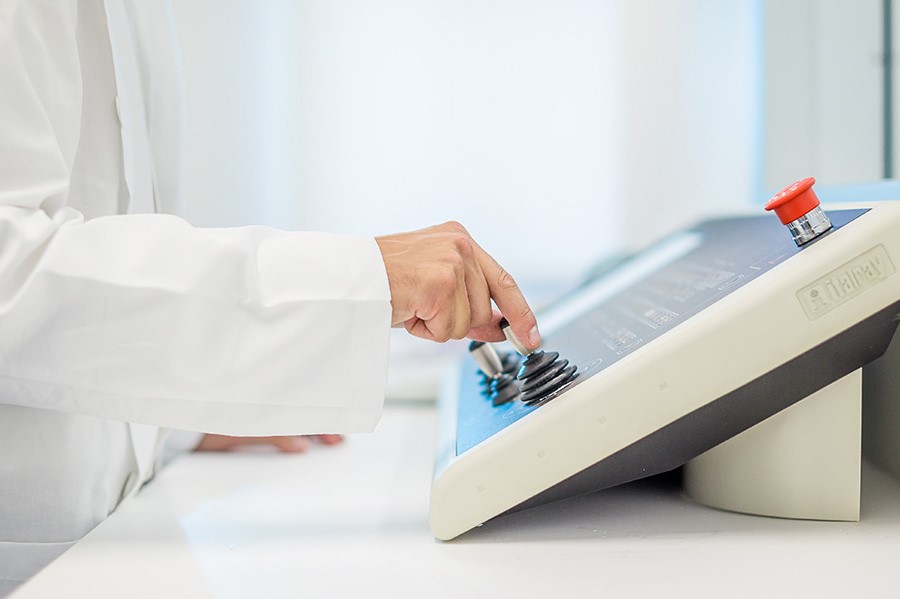
What is fistulogram?
Fistulogram is an X-ray test that makes it possible to analyse the path of fistulas, pathological communications that can form between two hollow organs (e.g. between the rectum and the bladder or between the rectum and the vagina) or between a hollow organ and the skin (e.g. a peri-anal fistula)
What is fistulogram used for?
By using an opaque X-ray contrast medium, fistulography makes it possible to visualise the path of a fistula, how it is positioned in relation to the surrounding organs and the presence of any abscesses/abscesses.
By analysing all this information, and if necessary supplementing it with that obtainable with a computed tomography scan, the most suitable therapeutic strategy can be determined.
Are there any preparation rules for the test?
The only precautions to be taken are the same as for other radiological tests, such as removing any metal objects (earrings, rings and piercings).
Who can undergo fistulogram?
Fistulogram has no particular contraindications, with the exception of pregnancy.
Is it painful or dangerous?
Fistulogram is neither painful nor dangerous, but it can be uncomfortable.
How does fistulogram work?
The patient has to lie on the X-ray couch according to the instructions of the medical personnel.
Contrast fluid is introduced through the opening in the skin of the fistula and the X-ray is taken.
In the case of an internal fistula the procedure is slightly more complex.
It is possible to opacify one of the two viscera involved and detect the fistula, e.g. by means of a bladder catheter or rectal schism.
The test takes only a few minutes.
Read Also
Emergency Live Even More…Live: Download The New Free App Of Your Newspaper For IOS And Android
Epidermoid Cyst: Symptoms, Diagnosis And Treatment Of Sebaceous Cysts
Cutaneous Cysts: What They Are, Types And Treatment
Wrist And Hand Cysts: What To Know And How To Treat Them
Wrist Cysts: What They Are And How To Treat Them
What Are The Differences Between Diverticulitis And Diverticulosis?
Gastro-Oesophageal Reflux Disease (GERD): Symptoms, Diagnosis And Treatment
Diverticula: What Are The Symptoms Of Diverticulitis And How To Treat It
Perianal Fistulas And Abscesses: What They Are, How To Treat Them
Sebaceous Cyst: An Overview Of This Epidermoid Cyst


